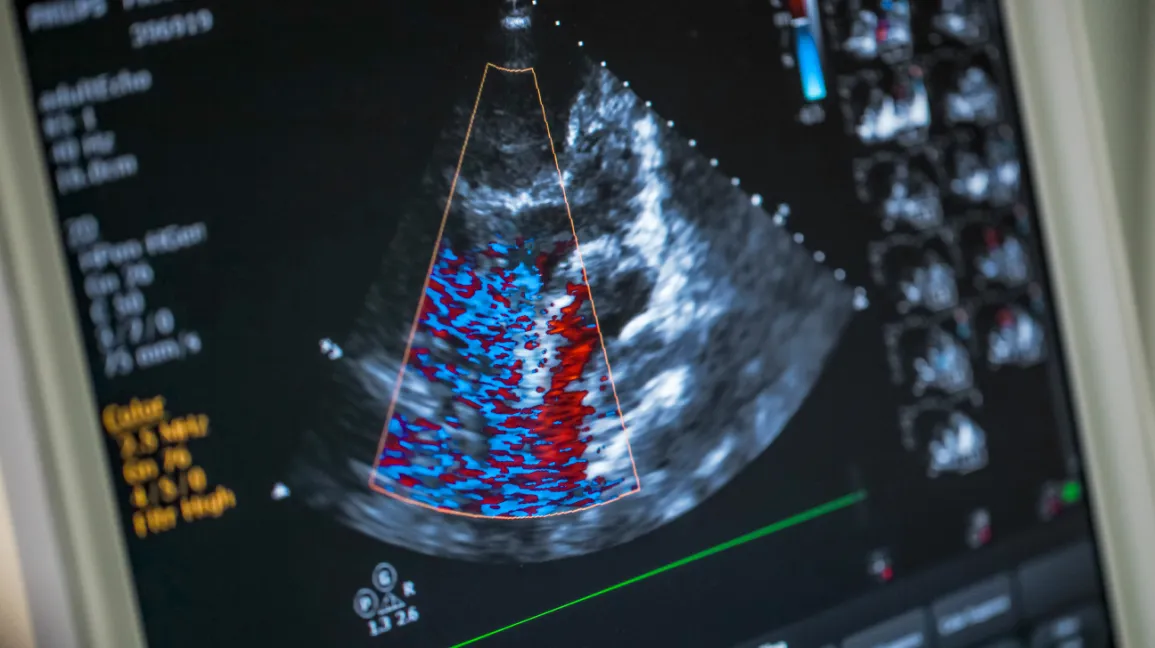

HDW will contribute an additional patient base to the partner hospitals and clinics. At the same time, these healthcare organizations will benefit from different patients who were previously unreachable – the immobile patients and those living in rural communities. HDW introduces portable electrocardiography and electrocardiography that will allow healthcare professionals to provide the most widely-applicable, safe, and cost-effective diagnostic tools available in cardiovascular medicine. HDW integrates AI/ML in delivering the assistive diagnosis that ensures the accuracy of results. The proven technology provides expedient and secure data transmission. Furthermore, HDW's mobile diagnostic service alleviates the burden of cardiac diagnosis from the healthcare system as it reaches clients at their locations. Heart Diagnostic on the Wheel offers mobile echocardiography and electrocardiography service as well as other non-invasive cardiac tests incorporating AI/ML for faster detection of potential cardiac diseases based on a wealth of previous data.
An echocardiogram (Echo) is a graphic outline of your heart’s movement. During an echo test, your healthcare provider uses ultrasound (high-frequency sound waves) from a hand-held wand placed on your chest to take pictures of your heart’s valves and chambers. This helps the provider evaluate the pumping action of your heart. Providers often combine echo with Doppler ultrasound and color Doppler techniques to evaluate blood flow across your heart’s valves.
Echocardiography uses no radiation. This makes an echo different from other tests like X-rays and CT scans that use small amounts of radiation.
An echocardiogram can detect many different types of heart disease. These include: Congenital heart disease, which you’re born with. Cardiomyopathy, which affects your heart muscle. Infective endocarditis is an infection in your heart's chambers or valves. Pericardial disease, which affects the two-layered sac that covers the outer surface of your heart. Valve disease, which affects the “doors” that connect the chambers of your heart.

After your cardiologist reviews your test, they'll enter the results into your electronic medical record. Your test result will be transferred to your cardiologist after an artificial intelligence assessment, and if you suffer from a critical or emergency, this event will be flagged at the nearest hospital.
Your primary care provider and cardiologist will also have access to the results. Ask any questions you’d like about the pictures and what they mean. Your provider will explain what the pictures show and whether you need follow-up tests or treatment.
HDW introduces portable electrocardiography and electrocardiography that will allow healthcare professionals to provide the most widely-applicable, safe, and cost-effective diagnostic tools available in cardiovascular medicine.
An electrocardiogram (ECG) is a simple test that can be used to check your heart's rhythm and electrical activity. Sensors attached to the skin detect the electrical signals your heart produces each time it beats. These signals are recorded by a machine and are looked at by a doctor to see if they're unusual.
Arrhythmias – where the heart beats too slowly, too quickly, or irregularly Coronary heart disease – where the heart's blood supply is blocked or interrupted by a build-up of fatty substances Heart attacks – where the supply of blood to the heart is suddenly blocked Cardiomyopathy – where the heart walls become thickened or enlarged
A series of ECGs can also be taken over time to monitor a person already diagnosed with a heart condition or taking medication known to affect the heart potentially.
An ECG may be requested by a heart specialist (cardiologist) or any doctor who thinks you might have a problem with your heart, including your GP. The test can be carried out by a specially trained healthcare professional at a hospital, clinic, or home!